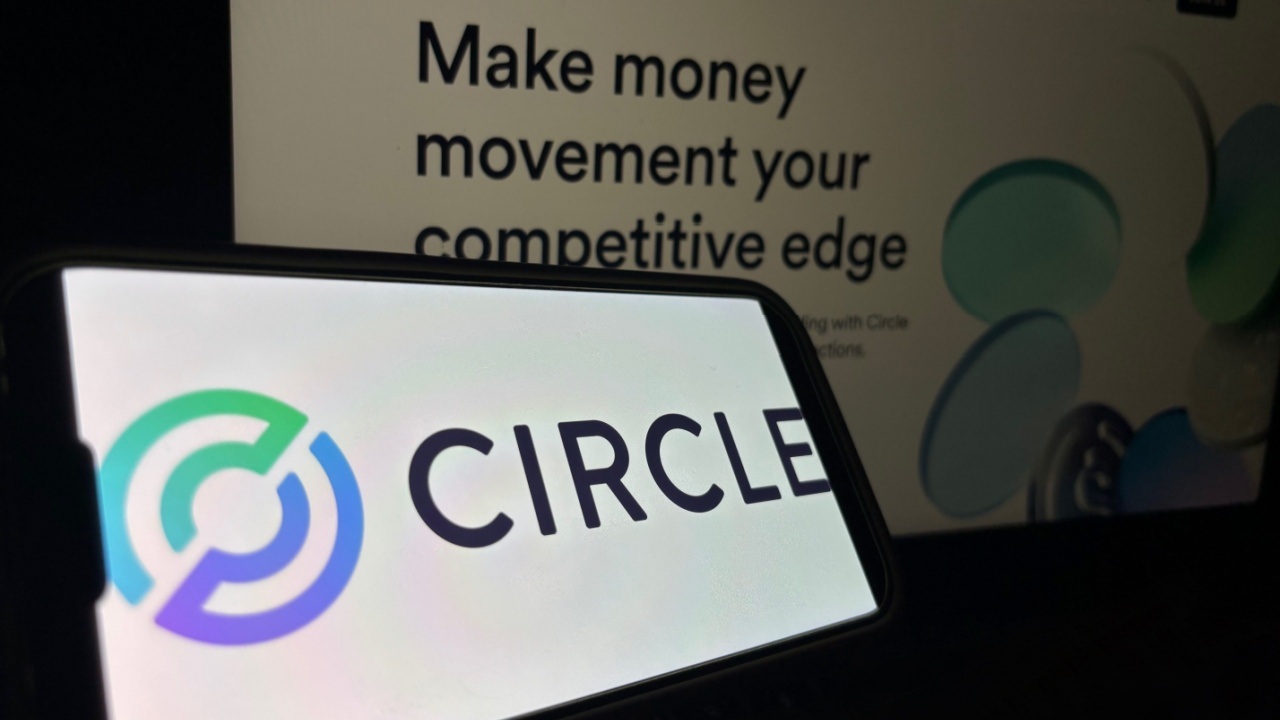
The battle against fraud is a never-ending one. And recent fintech news headlines have helped remind us all of how broad the frontlines are. From the challenge of AI-powered deepfakes to the sad fact that many of our own bad habits continue to keep fraudsters in business, fintechs are busy developing solutions to help us get and stay at least one step ahead of the bad guys. Here are a trio of stories highlighting the latest efforts by fintechs to combat financial crime.
Digital identity verification innovator Socure has unveiled its Selfie Reverification solution. The new capability provides a way to validate return consumers online in less than two seconds with just a selfie. The technology matches incoming selfies with previously verified ID headshots, and features a true match rate of 99.9%. Built on the company’s Document Verification (DocV) solution, Selfie Reverification also detects signs of deepfaking, and readily identifies age discrepancies between the photo and the credential.
“Identity verification isn’t a one-time event. As consumers interact with an online service over time, their risk profile can change. That’s why it’s important to determine you are still who you say you are, without going through the full verification process again,” explained Socure Chief Product and Analytics Officer Pablo Abreu.

Selfie Reverification prompts the user to take a self, and sends real-time feedback on positioning, angle, and lighting. Once taken, the selfie undergoes a Level 2 NIST PAD compliant liveness check to prevent spoofing, as well as Socure’s injection attack detection process which makes sure that a fraudster has not injected a false or altered credential into the session. Lastly, the selfie is compared against a set of hundreds of thousands of curated deepfake samples created by more than 20 different AI generators.
The technology leverages biometric analytics to evaluate more than 80 facial features, from eye distance and nose width to jawline contours and emotional expression, to create a facial map and ensure an accurate match. Use cases for Selfie Reverification include preventing account takeover, securing high-risk transactions, streamlining account recovery and re-verification/re-validation, and more.
Founded in 2012 and headquartered in New York, Socure most recently demoed its technology on the Finovate stage at FinovateFall 2017. Today, the company has more than 2,500 customers, including four of the top five banks, the top credit bureau, and 400+ fintechs. Businesses ranging from Capital One and SoFi to DraftKings and the State of California rely on Socure’s technology for accurate identity verification and fraud prevention. Johnny Ayers is Socure’s founder and CEO.
Digital banking solution provider Alkami has added credential stuffing protection to the challenge-response authentication process for its digital banking platform. The new functionality automatically checks for human behavior in the background, but does not require visual puzzles or any additional time spent by the user.
“This enhancement in Alkami’s platform has given us the ability to provide an additional layer of security for our account holders,” Quontic Bank SVP of Digital Banking Grace Pace said. “The secure and seamless login experience has contributed to reducing potential fraudulent activities, offering our customers greater peace of mind without added complexity.”
Credential stuffing refers to a type of cyberattack in which a hacker uses credentials obtained through data breaches or purchased from the dark web in order to attempt to access another service. A typical case of credential stuffing, for example, could involve a hacker using the credentials from a breach at a retail store to attempt to log into a bank’s website.

Credential stuffing is a common attack in part because it takes advantage of the tendency of individuals to reuse usernames and passwords. But its commonality takes nothing away from the damage these attacks do. One estimate determined that credential stuffing costs businesses $6 million a year on average, to say nothing of the negative reputational impact that often accompanies it.
The addition of credential stuffing protection is the latest example of Alkami’s layered approach to fraud detection and prevention in digital banking. “Alkami continues to evolve its platform as the security threats change for our customers, and we’re proud to integrate credential stuffing as part of our standard solution for everyone,” Alkami Director of Product Management Brad Cranford said. “Our goal is to help our customers manage security while providing the best experiences for their account holders.”
Headquartered in Plano, Texas, Alkami made its Finovate debut in 2009 as “IThryv.” Alex Shootman is CEO.
Data and technology company Experian is adding behavioral analytics to its fraud detection capabilities courtesy of a newly announced acquisition of NeuroID.
More specifically, Experian is looking to bolster its defenses against AI-generated fraud threats. With their ability to apply fraud detection strategies to key vulnerabilities such as origination and account management, insights from behavioral analytics can help mitigate fraud in real time and defend users against a range of malevolent actions including identity theft, account takeover, bot attacks, and fraud rings.
“Our acquisition of NeuroID highlights our commitment to provide our clients with world-class data, analytics, and insights to prevent fraud,” said President of Experian’s North American Identity & Fraud business, Robert Boxberger. “Together with NeuroID, we’re excited to build new blended offerings that detect risk but also empower businesses to confidently navigate the online landscape and trust in their transactions.” He added, “In today’s highly competitive and digital-first world, the use of behavioral analytics is now vital for innovating for the future of fighting fraud.”

NeuroID’s solutions are now available via CrossCore on the Experian Ascend Technology platform. The integration will enable platform users to use a single service provider to monitor and analyze real-time digital activity.
“NeuroID unlocks a new view into a user’s riskiness based on behavioral interactions,” NeuroID CEO Jack Alton said. “This view arms companies with a proactive, first line of defense to detect sophisticated fraud rings and bot attacks. By joining forces with Experian, we’re looking forward to helping companies confidently navigate this new era with solutions that enable more secure and frictionless experiences.”
A Finovate alum since 2011, Experian most recently demoed its technology at FinovateFall in New York in 2018. Headquartered in Dublin, Ireland, the company employs more than 22,000 people, including more than 9,000 technologists and product developers, working in 32 countries.
Are you an innovative fintech with new technology that’s ready for prime time? Join us in New York next month for FinovateFall and take advantage of the opportunity to showcase your solution before an audience of 2,000+ decision-makers.
Photo by Patrick Tomasso on Unsplash
Views: 97


















